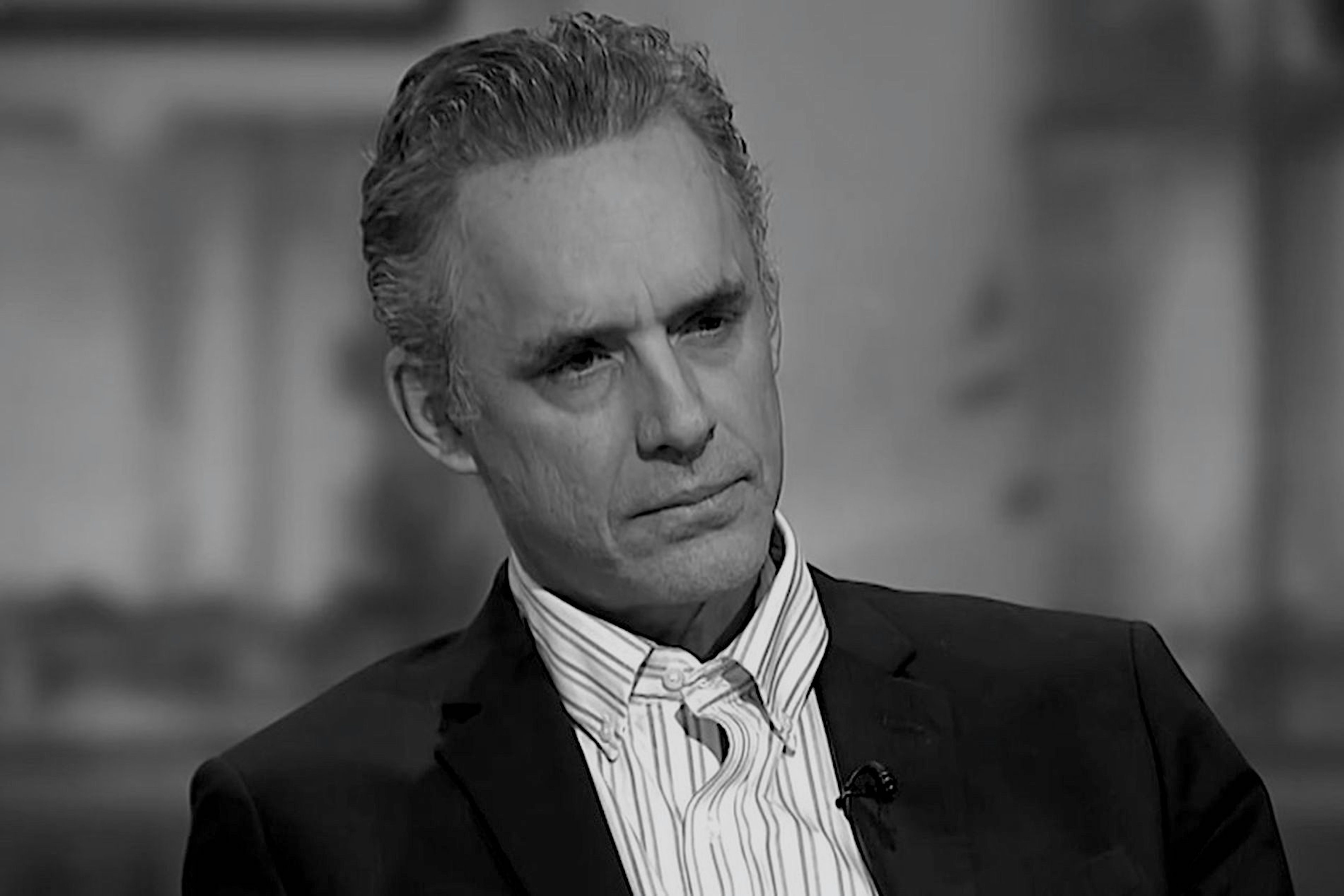Xerxes, my friend the former left-wing columnist (who seems to have decided to clip his wings), wants the Beatitudes revised. He feels they no longer apply in modern times.
Are there indeed new problems or issues to which they should refer, but do not?
Xerxes cites drug overdose deaths. This is indeed currently an epidemic problem, but in principle, not new. Alcohol was a drug, and potentially a deadly drug, available in Jesus’s time. Not to mention hemp or opium, which seem to have been known. We must assume that Jesus did not consider this a moral issue, or an important moral issue.
In fact, he actually seems to have aided and abetted drunkenness at Cana.
Surely the more interesting question is, why did he not? Is it a moral issue? Or is addiction a symptom of something else?
Xerxes then notes that the Saviour would surely have had something to say about fossil fuel emissions. Granted, fossil fuel was probably not known in Jesus’s day; perhaps coal was sometimes used. But why is fossil fuel an issue? Carbon emissions, surely. So the same issue existed when people in his day burned charcoal or wood to get warm or cook their food. Jesus could have mentioned it; apparently he did not see fit to mention it.
Is it a moral issue? Or is it an engineering problem: what is the best fuel to use?
“Would he have harsh words for those who know their product does harm, and keep doing it?” Xerxes asks.
People have always produced and sold products. Jesus was a carpenter; Paul a tentmaker; Peter a fisherman. Jesus could have mentioned this, but did not.
No question, this is a moral issue; but selling harmful products, a rotten fish or an unsound cabinet, is obviously and self-evidently wrong to the human conscience. There is no need for God to incarnate to tell us so, and no cause to bless anyone simply for not doing so.
“He talked about those who are persecuted. By the Romans. Or by other authorities. But I wonder what he would say about persecution by the social media, where individuals taking unpopular stands are hounded by hate messages and death threats. “
Jesus said “blessed are those who are persecuted.” He did not restrict this to persecution by legal authorities. It applies just as well to social media.
Yet he did restrict his blessing in another way: he did not bless simply for being persecuted. It was for being persecuted for righteousness.
The distinction seems important. If you advocate the extermination of the Jews, raping women, eating children, or kicking puppies, you might indeed be unpopular, even persecuted. But this does not put you on the side of the angels.
So, in sum, there does not seem to be any demonstrated need for new Beatitudes. Why invent some?
Now, take it from the other end. Is there a case for any of Xerxes’s proposed new Beatitudes? For of course, he goes on to propose some.
“Blessed are the agnostics. Blessed are those who doubt, who aren’t entirely sure, who can still be surprised.”
This jumps out as obviously contradicted by the title of C.S. Lewis’s famous spiritual autobiography, Surprised by Joy. Surely this contradiction needs to be addressed.
If God is a person, with whom we can have an ongoing relationship, if he is not some abstract concept or cosmic watchmaker, he can be full of surprises. Just as a friend or romantic partner is in any vital and living human relationship. The world of faith is one of wonders and miracles, because everything is a conversation with him, and everything has meaning.
An agnostic, on the other hand, is one “who believes that nothing is known or can be known of the existence or nature of God or of anything beyond material phenomena.” Sounds like a pretty dead and boring life. For the agnostic there are no surprises; he can never be surprised by anything except perhaps what’s for dinner.
And it of course beggars belief that Jesus would bless us for not believing in him.
“Blessed are those who have nothing to offer.”
If this is simply a restatement of “blessed are the poor”—blessed are those who have few material goods to offer—fine; but nothing new. If not, it contradicts what Jesus says in the Sermon on the Mount, immediately after the Beatitudes: “let your light shine before others, that they may see your good deeds and glorify your Father in heaven.” We all have much to offer; if we do not offer it, we are hardly to be blessed.
“Blessed are those who have buried loved ones, whose tears could fill an ocean. Blessed are those who have loved enough to know what loss feels like.
Blessed are the mothers of the miscarried.
Blessed are those who can’t fall apart because they have to keep it together for everyone else.”
Fine, and it all sounds noble and empathic. But surely these are just specific cases of “Blessed are those who mourn.” Best not to single out specific sorrows; it shouldn’t be a competition. And causes for sorrow are too varied and complex to all be enumerated in this way.
“Blessed are those whom no one else notices. The kids who sit alone at school lunch tables. The laundry staff at hospitals. The sex workers and the night-shift street sweepers. The homeless guy sleeping in a doorway.”
One of these things is not like the other ones. Five are already covered by “blessed are the meek.” The unnoticed, the lonely kid, the laundry staff, the night sweepers, the homeless. But are soliciting prostitutes meek? Are they trying not to be noticed? And do they generally go unnoticed? Do they generally lack companionship?
There were of course prostitutes in Jesus's place and time, and he might have declared them blessed if he saw fit.
But what happened to our wish to condemn those who sell harmful products?
“Blessed are the unemployed, the unimpressive, the underrepresented.”
Blessing the unemployed contradicts Jesus’s admonition to “let your light shine.” Of course, if unemployment is not a choice, it is a hardship. But why would doing nothing be blessed in itself?
Similarly, why would being unimpressive be blessed? Jesus says of those he beatifies, “you are the salt of the earth; you are the light of the world.” That sounds like being impressive. Having no talent is not a sign of holiness; our very term “talent” comes from Jesus’s parable of the talents, reflecting the assumption that our talents are given by God, and are there to be used. To go out and impress.
“Underrepresented” seems simply too vague to be meaningful. Represented where, and in what sense? If the intent is to apply race and sex quotas when putting together any representative body, per “DEI,” why is this meaningful? Why are race and sex so important? As opposed to, say, being left-handed, or bald, or having green eyes?
As the makers of the current series The Chosen insist on pointing out, there were surely black folks passing through Judea from sub-Saharan Africa in Jesus’ time, as well as Greeks, Romans, Persians, Arabs, Phoenicians. pagans, Zoroastrians, and of course many women. Not to mention various classes and social strata. Yet when Jesus chose his twelve apostles, there was no race, sex, ethnic or religious diversity: all “white” Jewish working class men.
Presumably Jesus was not against diversity; but “seeing yourself represented” was not important.
“Blessed are the wrongly accused, the ones who never catch a break, the ones for whom life is hard.”
This is already in the Beatitudes; almost their entire point. “Blessed are you when people insult you, persecute you and falsely say all kinds of evil against you because of me.”
Xerxes: “Blessed are those without documentation.”
Why is someone blessed simply because they do not have ID? I presume the intent is to bless “illegal immigrants.” Which is a dubious sentiment: bless those who break the law? Unjust laws, perhaps. But Christianity assumes a duty to obey the law in most circumstances. Jesus told his followers to pay their taxes.
“Blessed are those who make damaging business decisions for the sake of people they serve.”
This is difficult to parse. An employee of a business enterprise serves the investors in that firm, and has a fiduciary duty to make business decisions that are not damaging to their interests. That business, of course, also serves its customers. The employee has a duty to serve their interests as well. But if in doing so he damages the business, harming his employers, his position is morally ambiguous.
Jesus actually addresses this problem in the Parable of the Unjust Steward. It is, the parable seems to say, always in the self-interest of a business to be as helpful as possible to their customers.
“And the lord commended the unjust steward, because he had done wisely: for the children of this world are in their generation wiser than the children of light.”
And it is in the interests of its customers, in turn, for a useful business to remain in business.
Thus the conflict never actually arises.
Adam Smith pointed out the same thing.
“Blessed are the burned-out social workers and the overworked teachers and the pro-bono case takers”
Why not just “blessed are the overworked”? That Beatitude might have some traction. But the claim here seems to be that some occupations are more blessed than others. If so, teachers and lawyers are not the groups Jesus singles out for praise. “Teachers” and “lawyers,” awkwardly enough, translate in his day to “Pharisees” and “scribes.” He was actually not too keen on them. “Social workers” are probably also subsumed under “Pharisees.”
The proper and more interesting challenge is to understand what the Beatitudes mean. Why are these groups in particular blessed? And what does it mean to be blessed in this sense?
Xerxes actually responded to my dissents from his proposed new Beatitudes. He argued, firstly, that just because Jesus did not mention a thing did not mean he thought it was unimportant. Second, that he might have said many things, in his three years of ministry, not included in the Bible. And finally, that the Beatitudes as preserved by the Catholic Church needed to be amended because they excluded some from feeling blessed; they too should feel part of the flock.
This is a shift in his ground from his original argument, that Jesus would have said these things were he speaking today, but they were simply not present in his time. Apparently that point he concedes.
I do think it is a fair inference, however, that, if Jesus—or anyone else--did not mention something, that thing was not part of his core message. Otherwise, you could impute anything to anyone.
Jesus could have said these things, but they were not recorded?
But we have four accounts. Assuming the sermon on the plain and the sermon on the mount are the same event, we have only this sermon, which we must therefore assume, by consensus of those who were there, included everything in Jesus’s core message. If there were other sermons, he must have said the same things in them—as is demonstrable if the sermon on the mount and the sermon on the plain were different events.
As with any text, we must go with what the text actually says, and not put words in anyone’s mouth. Once we do that, anyone can make anything say anything. No point in even reading the Bible then; or Shakespeare, or the Constitution, or any text.
Xerxes’s concluding argument seems to be that Jesus should have said these things, because nobody should feel “outside the fold,” that everyone should “feel blessed.”
But this is not Jesus’s message; he was making it clear that not everyone is in the fold, not everyone is blessed. Only these people cited in the Beatitudes. Luke pairs his four Beatitudes with the Four Woes, in which all those not covered by the Beatitudes are called out and excluded from God’s favour.
“But woe to you who are rich,
for you have received your consolation.
Woe to you who are full now,
for you will be hungry.
Woe to you who are laughing now,
for you will mourn and weep.
Woe to you when all speak well of you,
for that is what their ancestors did to the false prophets.”
Elsewhere, of course, Jesus speaks of the sheep and the goats—goats, being goats, are not “in the fold.” Jesus speaks in parables so that those outside the fold will not understand—here he calls them “swine.” Elsewhere, “vipers.”
He is, in the end, alarmingly judgmental. Of the living and the dead.
That’s the text.






















